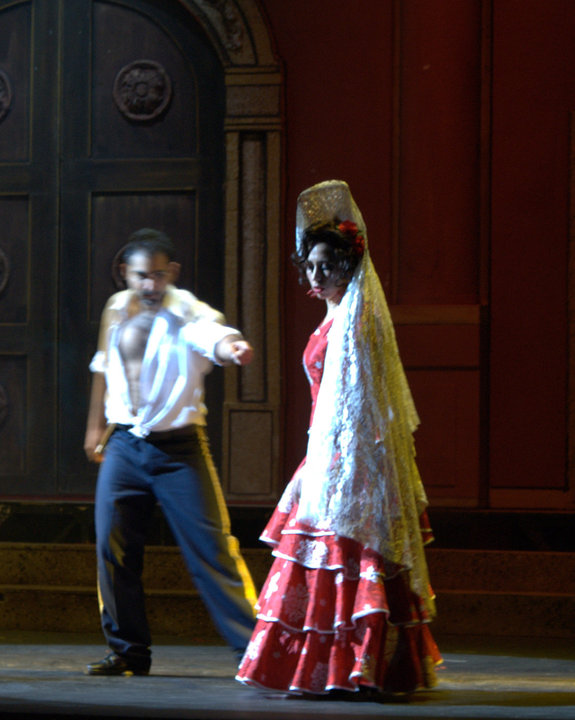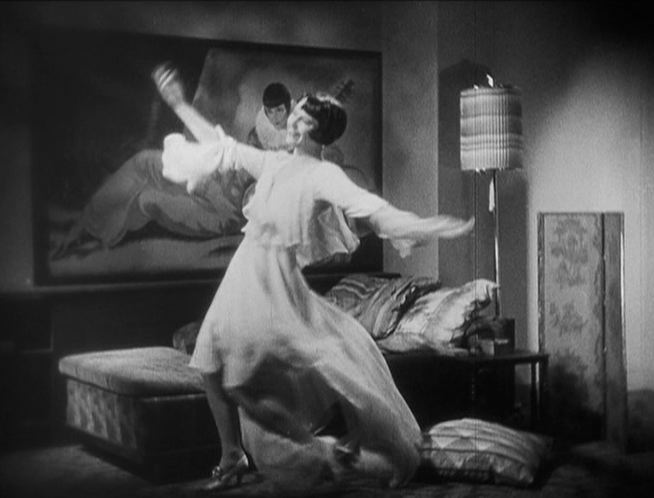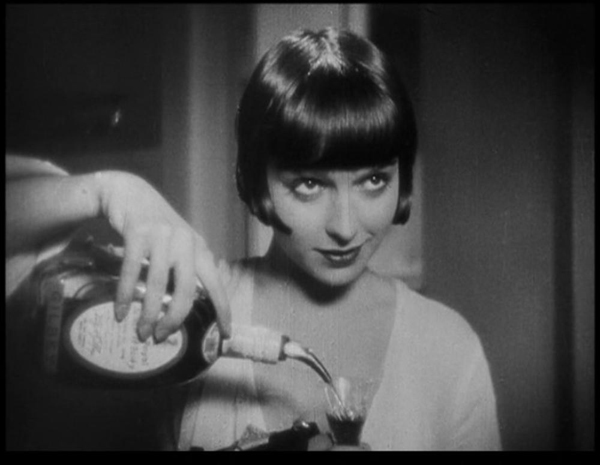
Carmen…its a name that can only conjure one thing: Bizet’s masterpiece and the story of opera’s most fascinating heroines, the Spanish gypsy Carmen. I have had the opportunity of playing her on three separate occasions, and my own experience in trying to find her essence and personal truth has always raised interesting questions for me.
In my search for Carmen throughout the years, I became a huge fan of the Carlos Saura film “Carmen”, which portrays Spanish dancer and choreographer Antonio Gades’ search for an elusive muse/dancer to incarnate his new ballet. I was also attracted to Agnes Baltsa’s atavistic and precocious teenager version for the MET Opera. Other sources of inspiration have included the Maria Callas recording, as well as the Teresa Berganza’s recording, which I admire for her preciseness and direct approach, as well as Abbados’ beautiful conducting, making almost chamber music of many of the musical details of Bizet’s score.


My main inspiration this time around I can definitely say is Wedekind’s Lulu, as portrayed by Louise Brookes in Pabst’s silent film “Pandora’s Box”. I started pouring over this film several years ago on Youtube. Lulu seems to be on the whole unaware of the power and fascination she exerts over others (but not quite, at points when she makes a decision to turn things her way). She exudes innocence that on a drop of a dime can becomes fierce and animalistic; she’s like a child, playing games, dancing at a drop of a hat; purely operating on an instinctive level and with no premeditation, she puts into motion actions that brings about mayhem and death to everyone around her. She causes destruction on instinct and feels no remorse…never mental, she is stream of consciousness in action. She is charming as hell, but unaware of her deadly narcissism; you almost don’t mind it, as she sits on men’s laps, perching like a cute dog or a praying mantis…

My big question this time around, now that I’m comparing Carmen to Lulu, is the following: Are we attracted to these two characters because they both somehow escaped society’s instructions to be “good”? Not mothers nor wives, and not really providing companionship to the men in their lives (the sexual obsession the men exhibit for their respective female characters is painful to observe, it certainly doesn’t feel like a pleasant state for them), both characters live outside of societies mores. They are simultaneously both good AND bad. I was offended once when someone called “Carmen” a bad woman. I felt Carmen had a heart; I’m not so sure anymore.
What I can say at this moment is that maybe….she is “natural” in a way that could be hard for me as person to accept. But…my job is not to judge, but to play and sing her. Lets see what I do with her this time around…
